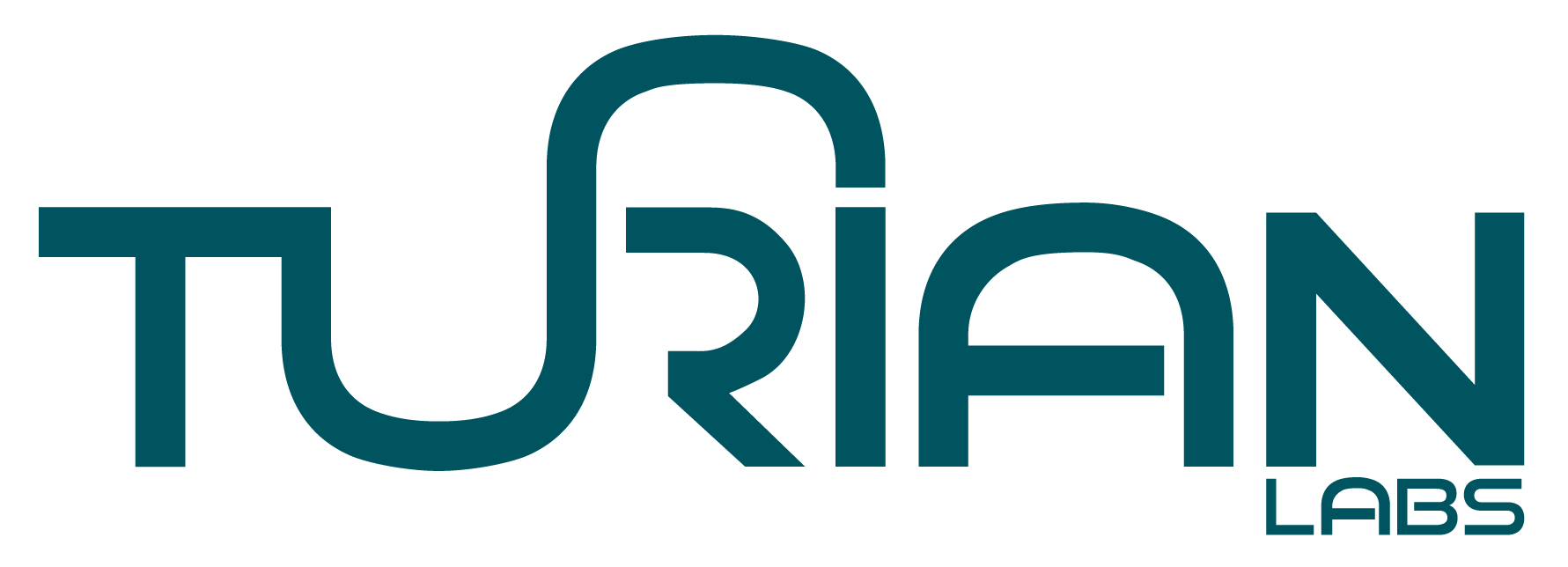Framework for building a great UX research team
How to build a great qualitative market research/ UX Research team?
Over the decade and a half of managing research practice, trying several combinations of people and skills, here is what I think works well to get a solid team going. This framework is not as broad as the Belbin Roles but can definitely be applied to knowledge-centric project teams across the board. i.e. IT industry.
Dance: By Henry Matisse
GCOPE framework of research roles
1. GENERATOR (content builder)
Generator is the key researcher or the one who generates the primary content. This is also the foot soldier at times, rummaging through the data or conducting in-person interviews, handling multi-media feeds of the interaction, making field reports, day summaries and filling up the essential check lists for the work done. There are good and bad Generators. People enter through this role into the profession and graduate to higher ones.
A typical research team would have 2–4 Generators.
2. PROCESSOR (abstractor, thinker)
Processor processes the data generated by the Generator. They are good with abstractions. They can read underlying patterns quickly and build frameworks and models to capture the insight in a manner that can be replicated and communicated easily. They can sustain contradictory inputs and will be ready to hold the judgement till they have a plausible theory (a very important trait/skill needed for a good UX researcher/Design Thinker). They are good with linking of ‘titles’ and ‘names’ to their findings. They are pedagogically sound and well read in their area of work.
A typical research team needs at least two Processors.
3. COMMUNICATOR (front-ender)
I heard in a conference where a VC (venture capitalist) was speaking, that a good startup must have at least one person who can speak well. The primary medium of reaching out to the world/VCs/client/stakeholders is communication through speech. Every research team needs a Communicator profile. These people have diverse reading interests (at times eclectic) and usually very talkative. They are comfortable speaking to clients as a peer and don’t get heady in pressure situations. They are quick with banters and have good sense of humour. They are also the ‘language’ masters of the team. They would meticulously check the written content for language errors and succinct expressions. They make good presentations because they know the art of skipping the non-essential and storytelling is their forte.
A typical team must have at least one Communicator.
4. ORGANISER (coordinator, arranger)
Organiser loves the work of arranging people, things or information. They are good with timeline management and keep a keen eye on details. They are frustrated with contradictory details that Processors thrive in. They would need things crystal clear before their engine starts firing. They have good people skills and they are highly resourceful. They can track multiple tracks of activities with ease and good with prioritisation. They are a great event manager, in that sense of word.
Every team must have ONE organiser. Usually this role would come to the project manager/lead.
5. EXCEPTION HANDLER (client/team situations)
Not everything goes as planned in a project. Intra-team or the team-client situations may come-up that were unforeseen at the time of crafting the agreement. Usually one would have a project manager to solve all these issues. But at times, this role may be rested with a hidden entity/distant-in-hierarchy person who may jump-in only when such a situation comes up. Otherwise, this person is not visible in the daily interactions of the team. Distance and authority (structural and pedagogical both) help this role solve the problems that others can’t. He/she is the trouble shooter, to put it simply. This role becomes undeniably important when the team is working on a long and complex project. Towards the end, team is tired physically and mentally. Any situation can flareup to unwarranted extent. Exception Handler uses his calm demeanour and wide ranging experience to wriggle out of the tangle.
There is place for one Exception Handler in the team, that too part-time. Unlike others, this role is external and the person is not embedded into the team.
So a typical research project would involve:
2–4 Generators,
1–2 Processors
1–2 Communicators
1–2 Organisers
1 Exception handler
In an efficient/small team, Processor and Communicator role is taken up by a seasoned researcher (of course, Generator role is built in already). However, Organiser and Exception Handler roles are usually not found in single person and should better be done by a person, other than the key researcher.

